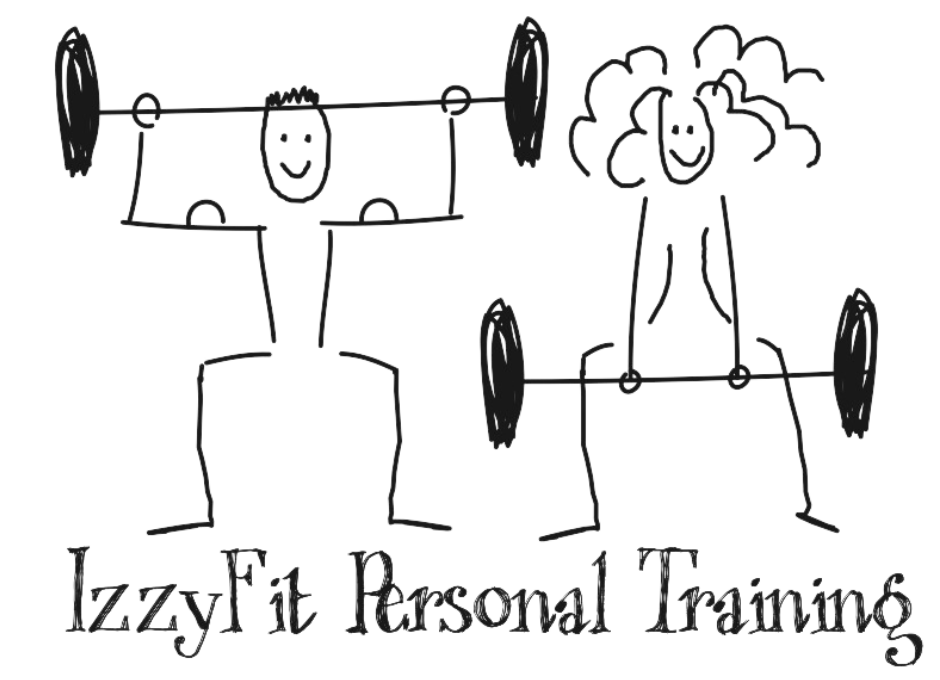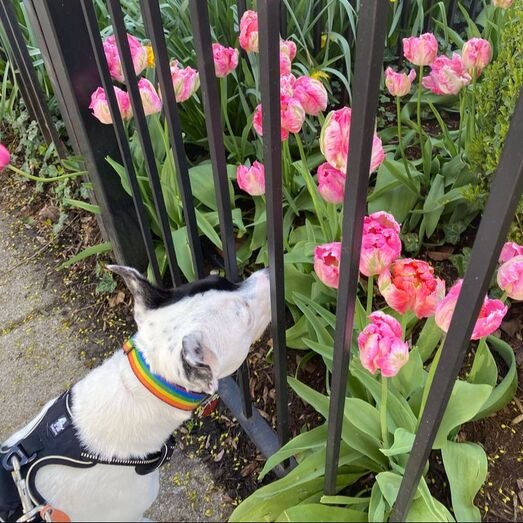We Can Do This: 6 Ways to Take Care of Your Mental Health and Fill Your Cup Like a Boss
NOTE: THIS BLOG POST WAS WRITTEN BY MY GOOD FRIEND AND LA-BASED MARRIAGE AND FAMILY THERAPIST ELISABETH ABBOTT. PLEASE ENJOY!
As a psychotherapist specializing in trauma and anxiety, I’m seeing an uptick in depressed, anxious, and panicked feelings in my clients — and to be honest, in myself. Here are a few of my best mind-body practices for surviving this … let’s just say challenging period.
Track your sensations
We’re accustomed to tracking our thoughts and feelings. (Sensitive over-thinkers, put your hands up! I’m raising mine.) But many of us don’t have a lot of practice tracking sensations that occur below the neck. It looks like this: While I’m writing this piece, I’ve got butterflies in my stomach, my shoulders are tensing up, and my feet are comfortable and warm in my furry, squishy slippers. The words we use to track our sensations might not always make sense, and that’s OK! Your chest can feel purple, your knees can feel full — any sensory description is valuable as long as it feels right to you. We don’t necessarily have to interpret the sensations. In my case, I don’t need to figure out whether my stomach butterflies come from excitement or nerves; just noticing them non-judgmentally helped my stomach to settle down. Developing a habit of tracking our sensations gives us insight into the wisdom of our body. It lets us know what’s working (my slippers) and what might need more attention (adding a cushion to my chair released the tension in my shoulders).
Resource
What’s one thing that makes you feel safe, calm, or just 4% less terrible? That’s a resource for you. This is going to be different for everyone. It seems like my entire social circle is making sourdough bread and posting it on Instagram right now. That thought fills me with cold dread (though the eating part sounds great). Instead, I’m sitting with my dog on my lap, stroking his soft fur and listening to his breathing. I’m noticing that my deep breaths are synchronizing with his, and there’s a pleasant warmth in my belly. The pleasant sensations are what tell me that my dog is a resource for me. There’s a tenet of solution-focused psychotherapy that says, “When something is working, do more of it.” Looks like more dog cuddles are in my future.
Breathe
Do you hate when someone tells you to “just breathe” as much as I do? This is a little bit different, and it’s backed by neuroscience. Place one hand on your chest and one hand on your belly. Now breathe so that your lower hand moves in and out, but your upper hand stays put. You don’t need to count, or even to breathe particularly deeply — just make sure you’re breathing into your belly. Do this for a while, and notice how you feel. Here’s why it works: when our nervous systems go into emergency mode, or fight-flight-freeze, we breathe rapidly and into our chests. When we breathe into our bellies, our nervous system signals to our brain that it can shut down the fight-flight-freeze response and move back into resilience. If you’re breathing into your belly, it can’t be an emergency.
Ground
Anxiety, worry, and fear exist in the future and in the past. Grounding refers to bringing one’s attention to the present moment by using your five senses. There are a number of ways to ground. Notice how your body is making contact with a surface: how does each part of your body feel when you’re sitting in a chair? Lying down on the floor? Leaning against a wall? For example: When I’m sitting in this chair, I notice that my feet feel heavy on the ground, my back feels solid against the chair, and my hips want to move and shift in order feel more comfortable — there, now that I allow them to shift, they can sink in and allow the chair to support them. When sensing your body doesn’t feel good or safe, you can also ground externally. Look around you, and count all of the blue things in your field of vision. Slowly notice and describe each blue thing to yourself before moving on to the next. You can count any color or any object, as long as you’re noticing what happens in your body as you do.
Use your five senses
Another way to ground is by changing your sensory input. Have you been drinking hot tea? Drink a glass of cold water. Notice how it tastes, and how it feels in your mouth. Smooth some fresh-smelling hand cream on your hands; notice the texture and scent. Adjust the lighting (open your blinds, or close them), and notice what happens for you on the inside. One methodical way to use your senses to ground is a short five-senses meditation, which goes like this: Describe one thing you can see right now. I can see the trees through my window. They’re bright green, tall, and gently waving in the breeze. (It’s important to do this slowly and describe what you’re sensing with lots of adjectives.) Now repeat this process with your other four senses: touch, smell, taste, and hearing. Using each one of your senses and then describing it with lots of adjectives takes us from our brain’s limbic system (our fear-response system) into our prefrontal cortex (where logic and executive functioning lie), and helps to bring our nervous system back into resilience.
Shannon Collins Photography
Dance it out
For distance-learning students and working-from-home adults, Zoom fatigue is real. My son’s second-grade teacher has instituted mandatory “brain breaks,” during which the kids get out of their heads and into their bodies. In our house, we use this time to play Just Dance on the Nintendo Switch, a game where we work up a joyful sweat to songs from Lizzo, Bruno Mars, and a host of 80s/90s hits — and he thinks he’s getting away with something because it’s a video game! Connecting with my kid and with my body, plus those euphoria-inducing endorphins, make this the best part of each day. If you don’t have Just Dance … just dance! I highly recommend the 80s dance party Spotify playlist.
Elisabeth and my friend Kate's home-made sourdough. She does not ship. I checked.
Adjust your expectations
I hesitate to say “lower your expectations,” but lower your expectations. We are going through an unprecedented global crisis. The world is having a collective trauma response and processing untold amounts of grief. Even if you haven’t become ill or lost someone you love due to COVID-19, you have likely been affected by job or financial instability, putting off important life milestones, stressors regarding role changes or family conflict, difficulty obtaining food or supplies, missing friends and family, a lack of (or too much!) human touch, or even just missing your routine. All of these things impact our ability to concentrate while working from home, to be a present parent/spouse/coworker, or even to take care of ourselves. These aren’t normal circumstances, so why are you holding yourself to your normal levels of productivity, or even to your normal mood? Help yourself to remember that survival is more than enough right now. That loaf of sourdough, or literally any completed project — is extra credit.
Elisabeth Abbott is a Licensed Marriage and Family Therapist in Los Angeles. You can reach her at www.fulfillinglifetherapy.com









